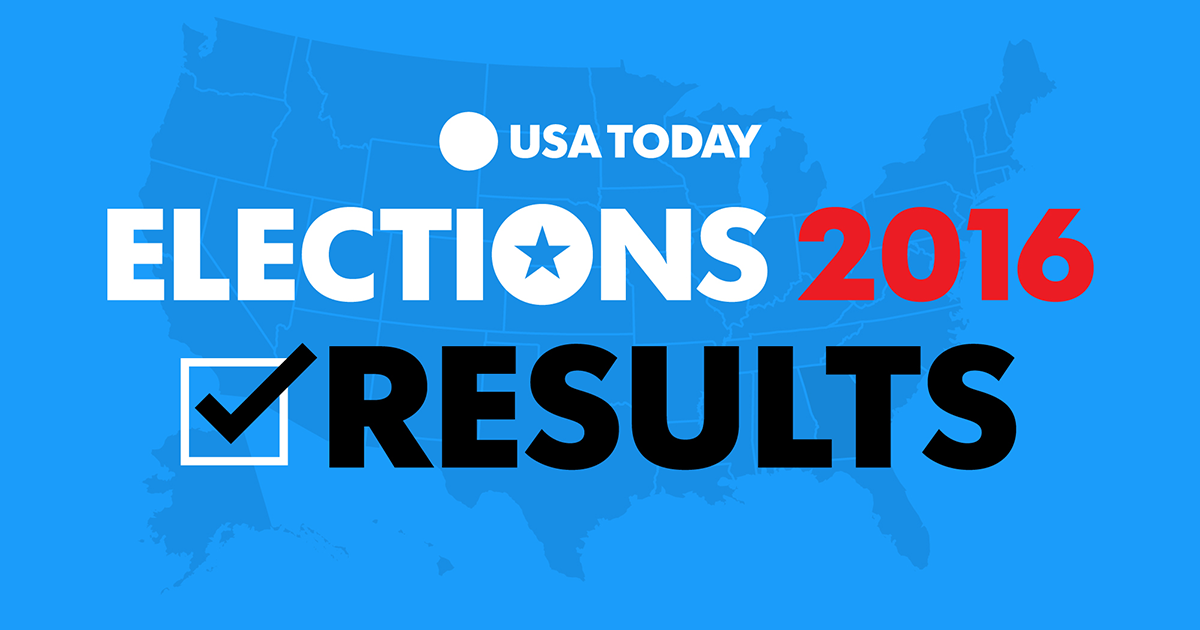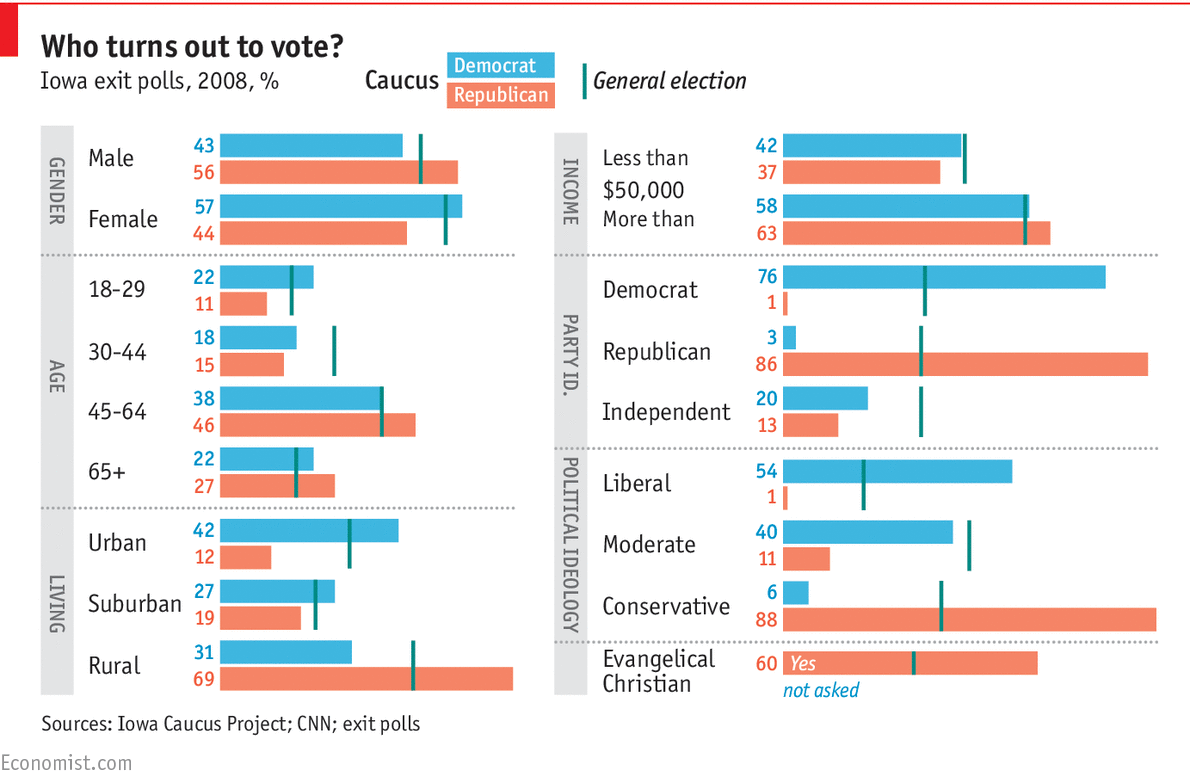 A primary election is an election that narrows the field of candidates before an election for office. Primary elections are one means by which a political party or a political alliance nominates candidates for an upcoming general election or by-election. Primaries are common in the United States, where their origins are traced to the progressive movement to take the power of candidate nomination from party leaders to the people. Other methods of selecting candidates include caucuses, conventions, and nomination meetings. Historically, Canadian political parties chose their candidates through nominating conventions held by constituency riding associations. Canadian party leaders are elected at leadership conventions, although some parties have abandoned this practice in favor of one member, one vote systems.
A primary election is an election that narrows the field of candidates before an election for office. Primary elections are one means by which a political party or a political alliance nominates candidates for an upcoming general election or by-election. Primaries are common in the United States, where their origins are traced to the progressive movement to take the power of candidate nomination from party leaders to the people. Other methods of selecting candidates include caucuses, conventions, and nomination meetings. Historically, Canadian political parties chose their candidates through nominating conventions held by constituency riding associations. Canadian party leaders are elected at leadership conventions, although some parties have abandoned this practice in favor of one member, one vote systems.The United States is one of few countries to select candidates through popular vote in a primary election system; most countries rely on party leaders to vet candidates, as was previously the case in the U.S. In modern politics, primary elections have been described as a significant vehicle for taking decision-making from political insiders to the voters, though this is disputed by select political science research. The selection of candidates for federal, state, and local general elections takes place in primary elections organized by the public administration for the general voting public to participate in for the purpose of nominating the respective parties' official candidates; state voters start the electoral process for governors and legislators through the primary process, as well as for many local officials from city councilors to county commissioners. The candidate who moves from the primary to be successful in the general election takes public office.
 The series of presidential primary elections and caucuses held in each U.S. state and territory forms part of the nominating process of United States presidential elections. The United States Constitution has never specified the process; political parties have developed their own procedures over time. Some states hold only primary elections, some hold only caucuses, and others use a combination of both. These primaries and caucuses are staggered, generally beginning in either late-January or early-February, and ending about mid-June before the general election in November. State and local governments run the primary elections, while caucuses are private events that are directly run by the political parties themselves. A state's primary election or caucus is usually an indirect election: instead of voters directly selecting a particular person running for President, they determine the delegates each party's national convention will receive from their respective state. These delegates then in turn select their party's presidential nominee.
The series of presidential primary elections and caucuses held in each U.S. state and territory forms part of the nominating process of United States presidential elections. The United States Constitution has never specified the process; political parties have developed their own procedures over time. Some states hold only primary elections, some hold only caucuses, and others use a combination of both. These primaries and caucuses are staggered, generally beginning in either late-January or early-February, and ending about mid-June before the general election in November. State and local governments run the primary elections, while caucuses are private events that are directly run by the political parties themselves. A state's primary election or caucus is usually an indirect election: instead of voters directly selecting a particular person running for President, they determine the delegates each party's national convention will receive from their respective state. These delegates then in turn select their party's presidential nominee.